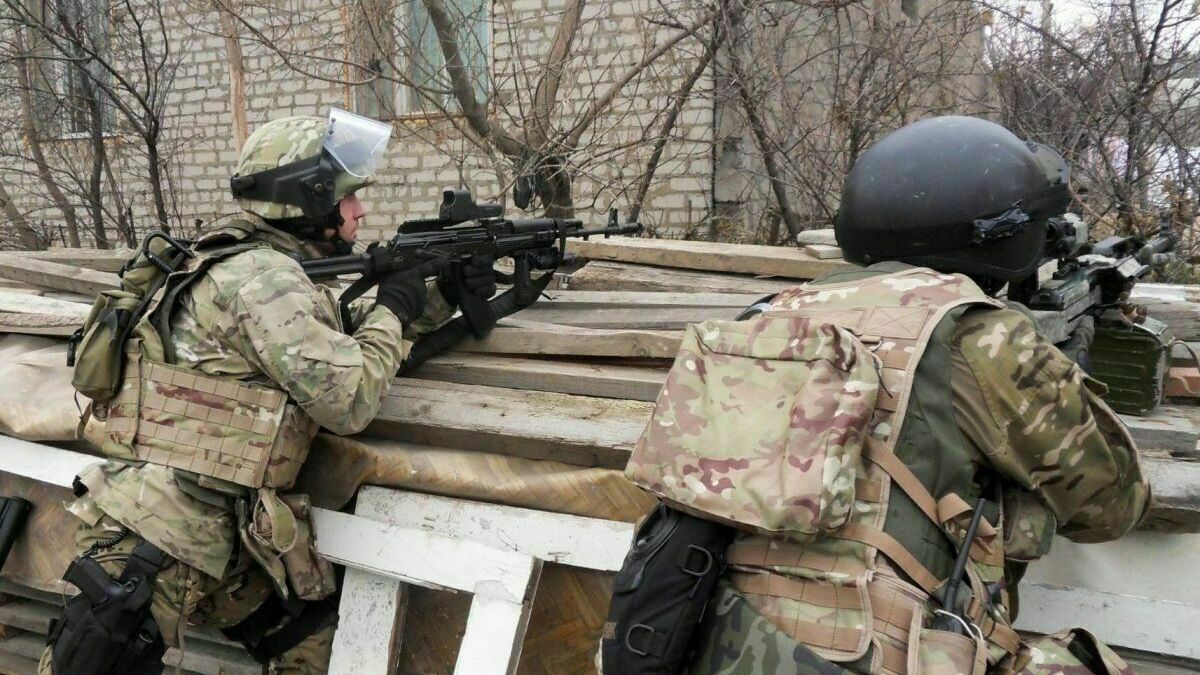Posted 27 декабря 2022, 19:50
Published 27 декабря 2022, 19:50
Modified 28 декабря 2022, 08:58
Updated 28 декабря 2022, 08:58

Financial Times: what the West needs to take though about in connection with the Ukrainian conflict
The leading international business publication Financial Times sums up the "military-political" results of the year, publishing the opinions of its experts on what lessons should be learned from the Ukrainian conflict:
According to military analysts, the main outcome of 2022 is the return of the "big b...s".
For States, the need to have military-industrial potential and huge stocks of weapons for high-intensity combat operations is again urgent.
The Western Allies have sent more than $40 billion in military aid to Ukraine. As part of the new aid package from the United States, Kiev will receive the Patriot air defense system and a new $1.85 billion package of weapons.
But the West continues to fear an escalation of the conflict, which could lead to a direct confrontation between NATO countries and Russia. Therefore, Ukraine's allies continue to resist the provision of modern tanks, long-range missiles and jet aircraft requested by Kiev.
The key question for 2023 is what kind of military support the West will continue to provide to Ukraine, and what kind of assistance this will be.
According to the former Brigadier General of the British Army, one of the main lessons of the year is the understanding that good logistics and numerous military equipment are worth nothing without quality leadership.
That is why in October, a veteran of the war in Syria, General Sergei Surovikin, was appointed commander of the Russian troops in Ukraine. A military expert on Russia at the Rand Corporation analytical center considers Surovikin "the most competent commander."
Surovikin reinforced Russia's advanced positions with mobilized recruits and organized a successful withdrawal of troops from Kherson, where Russian troops were in danger.
▪️ Some Western experts consider Ukraine's breakthrough possible. But the stronger defensive positions of Russian troops reduce Kiev's chances of a successful winter counteroffensive.
According to one of the Western defense advisers, the Ukrainian forces are facing serious problems. Their losses were high, many were insufficiently prepared, some units were suffering from extreme fatigue, and they needed more weapons and ammunition.
The year 2022 has shown the importance of civil society in supporting the war effort. Volunteers raise funds for the purchase of uniforms and medicines.
An October Gallup poll showed that 70% of Ukrainians would like to continue fighting until they achieve victory. For more than 90%, victory means the return of the entire territory, including Crimea.
Perhaps the biggest lesson is that the nature of modern warfare has changed: in addition to the use of tanks and missiles on the battlefield, there are attacks on the energy infrastructure of Ukraine.
Moscow has threatened to further reduce gas supplies to the West with the onset of winter, and the Russian Navy still controls the Black Sea, threatening most of the food export routes from Ukraine.
Even if both sides agree on a ceasefire next year, Moscow may continue to influence Ukraine with these means. This is something the West needs to think about.